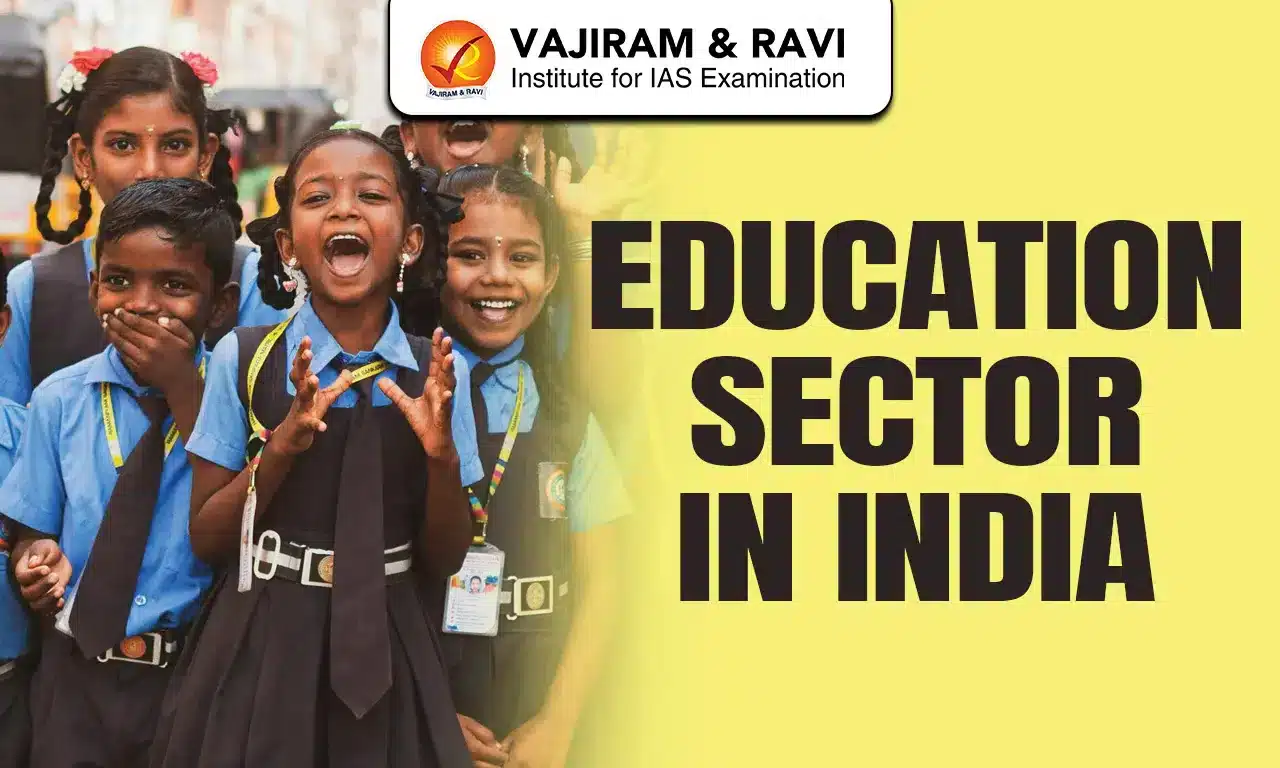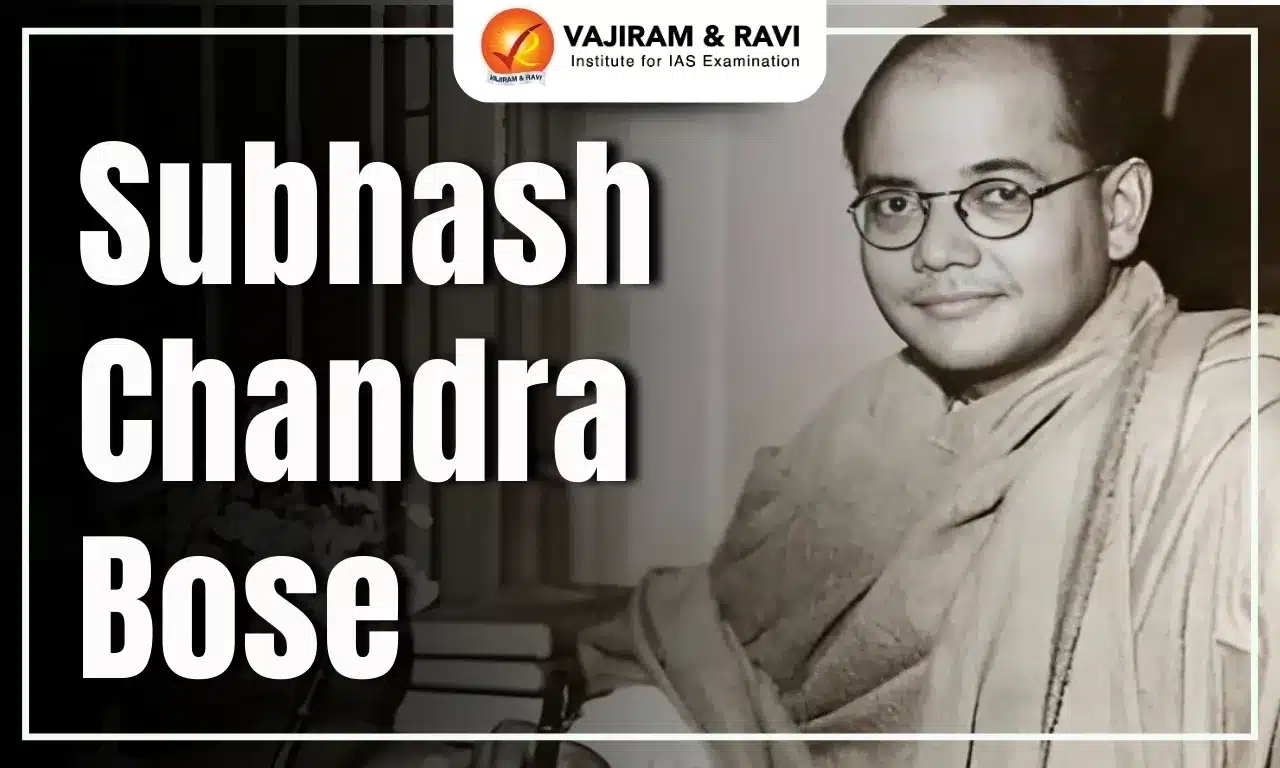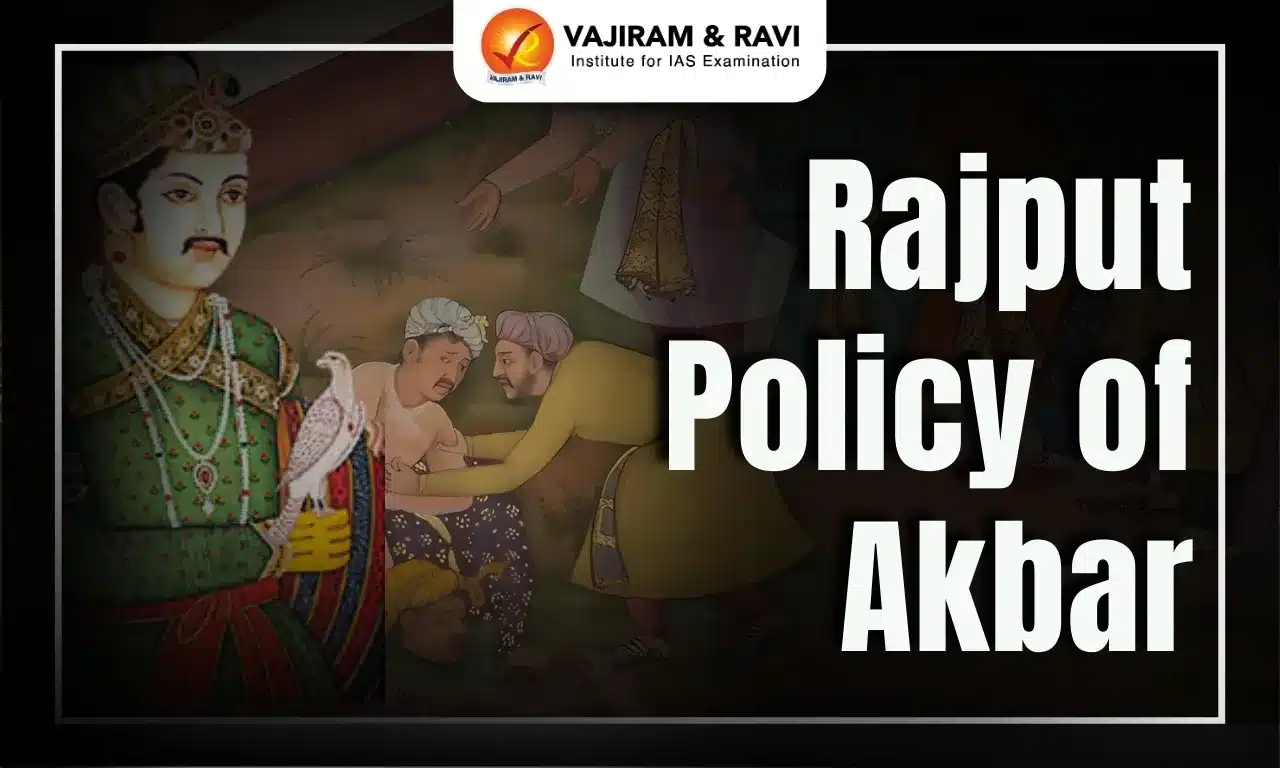What are the constitutional provisions on education in India?
| Article | Provision | ||||
| Fundamental Rights | |||||
| 21A | Right to compulsory education | ||||
| 28 | Freedom as to attendance at religious instruction or religious worship in certain educational institutions | ||||
| 30 | Right of minorities to establish and administer educational institutions | ||||
| Directive Principles of State Policy | |||||
| 41 | Right to work, to education and public assistance in certain cases | ||||
| 45 |
Provision for free and compulsory education for children Provision for early childhood care and education to children below the age of six years |
||||
| Fundamental Duties | |||||
| 51A | Who is a parent or guardian to provide opportunities for education to his child or, as the case may be, ward between the age of six and fourteen years. | ||||
| Part XVII - Official Language | |||||
| 350A |
Facilities for instruction in the mother tongue at the primary stage
|
||||
| Schedule 7 | ||
| Union list | Concurrent list | State list |
|
|
|
What are the departments under the Ministry of Education?
| Ministry of Education | |
| Department of School Education & Literacy | Department of Higher Education |
|
|
What are the general features of the educational landscape in India?
- Multi-level structure: The Indian education system consists of different levels, such as primary, secondary, and higher education. Generally, central and state boards follow the “10+2” education system pattern in school education.
- Heterogeneous Education System: The education system within the country is of heterogeneous nature. The main factors that lead to the heterogeneous nature of the education system are based on geographical locations, caste, race and ethnic origins of the individuals, rural and urban establishments, and differences in the backgrounds of the individuals.
- Public and private institutions: Central and state governments share the legal responsibility for funding and management of education. India also has a large private school system complementing the government run schools. The government and private schools managed in the ratio 73:27 at the age 1 to 8.
- Examination-oriented: The Indian education system places a strong emphasis on exams and standardized testing, with exams such as the CBSE, ICSE, and various state board exams determining student performance and progression.
- Focus on rote learning: Carrying forward the Macaulayan legacy, the Indian education system still tends to focus on rote learning, with less emphasis on critical thinking and practical skills, a system criticized by education experts for not promoting creativity and innovation.
- Socio-economic and Gender bias: The Indian education system is influenced by socio-economic and gender biases, with disadvantaged communities, such as those from low-income and rural backgrounds, having limited access to quality education. The 2011 Census showed a gender gap in literacy rates, with only 60.41% of females being literate compared to 76.66% of males.
What are the challenges and issues pertaining to the Indian education system?
The emerging issues in the Indian education system have been stated as follows:
- Lack of resources: By far, one of the most pressing problems is the unavailability of money or inadequate funding of Indian Education programs or systems. According to the Economic Survey 2022-23, The budgetary allocation for education as a percentage of total expenditure has dropped over the past seven years, from 10.4% to 9.5%.
- Teaching attribute: In most educational institutions, the quality of teaching is not in a very developed state. The main factors that lead to the deprived teaching methods are shortage of teachers, the curriculum, instructional methods, and the teaching-learning methods.
- Traditional teaching methods: In educational institutions, traditional methods of teaching are adopted, and teachers do not make use of technology or audio-visual aids in teaching, particularly in nursery schools.
- Privatization: More than 50% of the education in India is imparted through private institutions, primarily unassisted. Private providers, in the interest of maximizing profit, have every motivation to minimize costs by compromising the quality of education.
- Inadequate facilities and infrastructure: Educational institutions and training centers in India do not have adequate facilities and infrastructure.
What measures could help towards a better education ecosystem in India?
- Incentives to teachers and researchers: Offering incentives to teachers and researchers is crucial for attracting and retaining talented individuals in these professions, which in turn can enhance the quality of education in India.
- Innovative practices: The emergence of new and modern technologies provides opportunities for enhanced delivery of services, improved learning, curriculum and instruction, and socio-cultural advancements.
- Mobilization of resources and finances: There is a need for increasing government funding, encouraging private investment, and promoting public-private partnerships to ensure adequate resources for education, teacher training, and infrastructure development.
- Better infrastructure: Improving infrastructure is crucial for a better education ecosystem in India. This means building/upgrading school and college buildings, providing basic amenities, modern technology, and laboratory equipment.
- Student-centered education and dynamic methods: Methods of education have to focus upon four learning areas- learning to learn, learning to do, learning to be, and learning to become.
- Decentralization: Decentralizing education to local authorities ensures accountability and improves daily functioning. This also includes transferring control of funds to the local level.
- International cooperation: International cooperation can be a valuable measure to improve education in India by facilitating knowledge sharing, providing financial and technical support, and promoting collaboration between Indian institutions and global counterparts.
- Shift from output-based to outcome-based objectives: Shifting to outcome-based objectives in India's education system can lead to more holistic learning by prioritizing skill development, critical thinking, and problem-solving.
Last updated on January, 2026
→ Check out the latest UPSC Syllabus 2026 here.
→ Join Vajiram & Ravi’s Interview Guidance Programme for expert help to crack your final UPSC stage.
→ UPSC Mains Result 2025 is now out.
→ UPSC Notification 2026 Postponed for CSE & IFS which was scheduled to be released on 14 January 2026.
→ UPSC Calendar 2026 has been released.
→ UPSC Prelims 2026 will be conducted on 24th May, 2026 & UPSC Mains 2026 will be conducted on 21st August 2026.
→ The UPSC Selection Process is of 3 stages-Prelims, Mains and Interview.
→ Prepare effectively with Vajiram & Ravi’s UPSC Prelims Test Series 2026 featuring full-length mock tests, detailed solutions, and performance analysis.
→ Enroll in Vajiram & Ravi’s UPSC Mains Test Series 2026 for structured answer writing practice, expert evaluation, and exam-oriented feedback.
→ Join Vajiram & Ravi’s Best UPSC Mentorship Program for personalized guidance, strategy planning, and one-to-one support from experienced mentors.
→ UPSC Result 2024 is released with latest UPSC Marksheet 2024. Check Now!
→ UPSC Toppers List 2024 is released now. Shakti Dubey is UPSC AIR 1 2024 Topper.
→ Also check Best UPSC Coaching in India
Education Sector in India FAQs
Q1. When was education moved from the State list to the Concurrent List?+
Q2. What is meant by the ‘universalization of education’?+
Q3. Is the ‘Right to Education’ a fundamental right under the Indian Constitution?+

















